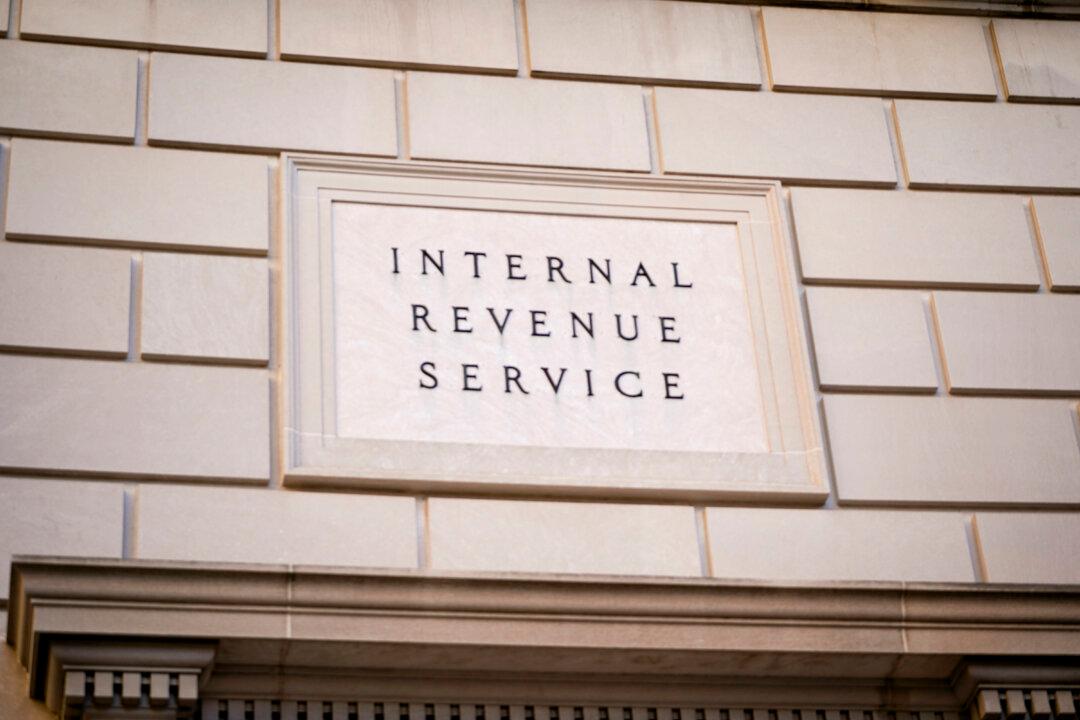High-income Americans are evading tax payments to the tune of billions of dollars, according to Internal Revenue Service (IRS) Commissioner Danny Werfel, who admitted that the agency has fared poorly when it comes to auditing this group.
“When I look at what we call our tax gap, which is the amount of money owed versus what is paid for, millionaires and billionaires that either don’t file or [are] underreporting their income, that’s $150 billion of our tax gap,” Mr. Werfel said during an interview with CNBC on Feb. 22. “There is plenty of work to be done.”





